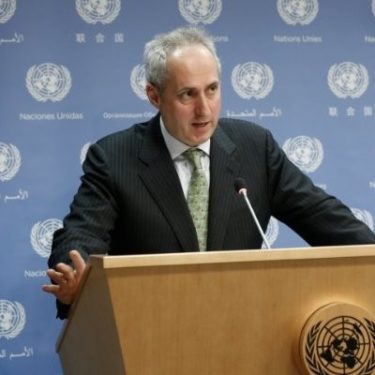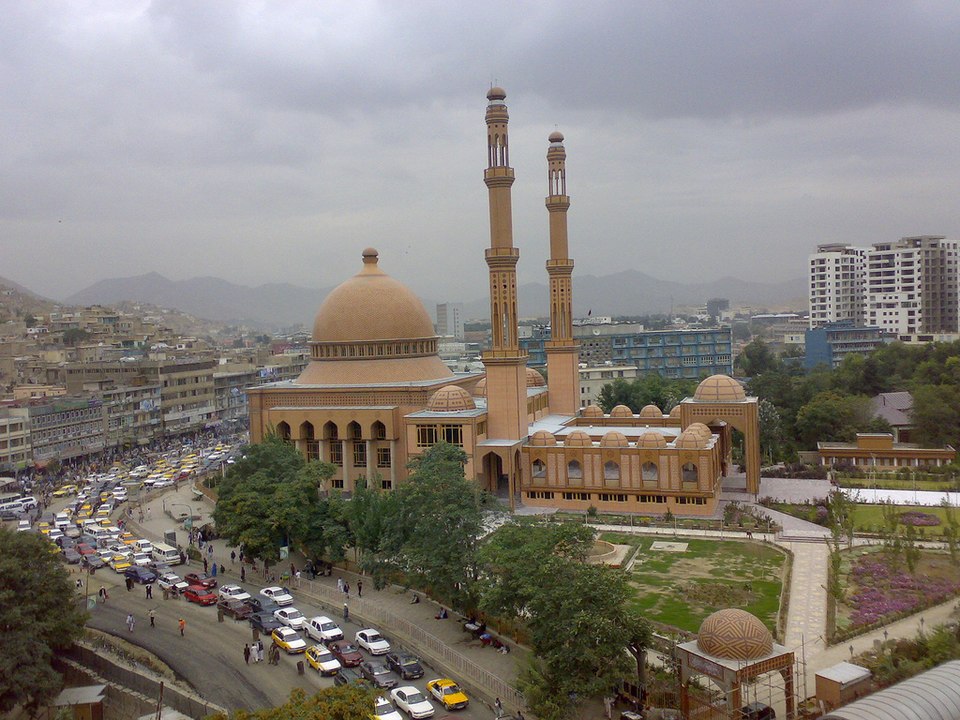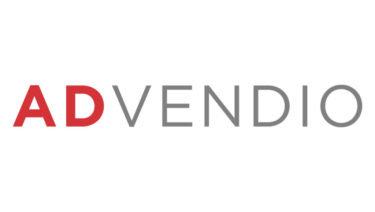As part of its “City for All” program the UN is looking to blockchain technology in Afghanistan for secure and transparent land records management as part of a larger rebuilding process.
The United Nations Office of Communication and Information Technologies (UN-OICT) is developing an innovative cutting-edge solution using blockchain technology for supporting the Government of Afghanistan’s efforts in ensuring systematic, transparent, and secured online Land Records management and affiliated services, Stephane Dujarric, Spokesperson for the UN Secretary-General told The Sociable.

Stephane Dujarric
The blockchain solution shall serve as a key tool in the delivery of these fundamental components
Dujarric said the UN-Habitat is supporting the Government of Afghanistan to implement its “City for All” program, which is underpinned by the fact that harnessing Afghanistan’s cities for state building and peacebuilding requires three fundamental components:
- Effective land management with clear land rights, restrictions, and responsibilities
- Strategic urban planning to establish a common vision and guide public investments for an inclusive and prosperous urban future
- Improved municipal finance and governance, citizen engagement and representation
“The blockchain solution shall serve as a key tool in the delivery of these fundamental components,” he said.
The move is part of a Memorandum of Understanding (MoU) reached between the UN-OICT and UN-Habitat that provides a framework of cooperation regarding the development of emerging technology tools and digital platforms for urban design and planning, with particular focus on Afghanistan, India, Bangladesh, and Sri Lanka. The MoU was signed by UN-OICT and the UN-Habitat regional office in New Delhi.
Dujarric says the countries listed above are given priority based on urgent UN-Habitat program requirements in support of Afghanistan.
Read More: 5G and blockchain: a combination for disruption
“UN-OICT is in contact with UN-Habitat headquarters to review the option for extending this MoU at a global level, with the goal to leverage the regional experience of joint work in South Asia elsewhere,” he said.
He also said that under the present MoU, UN-Habitat and UN-OICT have agreed to cooperate with one another in the following areas at a regional and/or national level for the implementation of the 2030 Agenda:
- Facilitate the development and implementation of emerging technology tools and digital technologies to assist in building capacity for inclusive, safe, resilient and sustainable cities and human settlements using ICTs and digital technologies
- Jointly monitor, in respective areas of expertise, the development of emerging technology tools and digital technologies related to sustainable urbanization
- Collaborate and participate in events, workshops, conferences and forums of mutual interest as well as undertake other joint actions, such as joint publications, as appropriate
- Strengthen collaboration through joint private/public partnerships and UN interagency mechanisms at regional and country levels, especially in Afghanistan, India, Bangladesh and Sri Lanka.
UN Habitat is the focal point for sustainable urbanization in the UN system. With more than 40 years of global experience, the program works in more than 90 member states to create a better urban future for all. Its core mission is to support the development of socially and environmentally sustainable human settlements and endeavor for adequate shelter with better living standards for all.
The MoU with UN-Habitat is the latest signed between OICT and UN entities. Last month, an MOU was also reached with UNICRI. Utilizing its emerging network of UNTIL Labs, which operate in four countries, OICT is becoming a veritable source for UN bodies and member states that seek technology solutions.
https://twitter.com/infominer33/status/1031693000244699136
“Currently the focus is on Afghanistan, India, Bangladesh and Sri Lanka. Based on the programs’ outcomes and experience gained on the focus countries, an expansion plan might be put in place, also relying on the global engagement at UN-Habitat headquarters’ level,” Dujarric said.
Read More: UN World Food Program taps blockchain startup for school lunch tracking in Tunisia
The OICT is venturing into Artificial Intelligence and building prototypes of various blockchain applications. They have built a sandbox for experimentation and plan to open this to entities within the Secretariat.
The UN claims direct relevance to blockchain in many areas such as legal identification, government services, financial inclusion, donor assistance, environmental causes, internal (private) UN blockchain to document financial transactions, etc.












